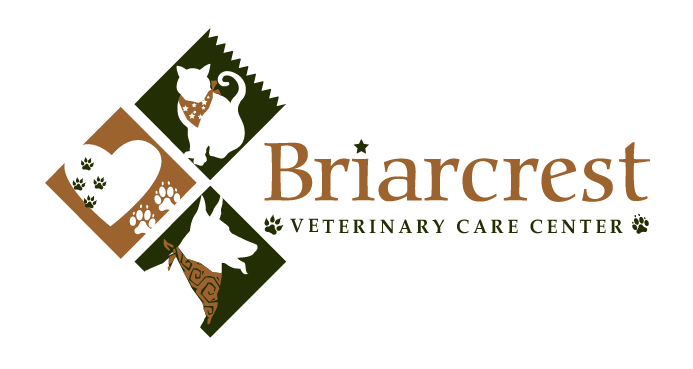Library
-
Polymyxin B/miconazole/prednisolone otic (brand name Surolan), is a combination antibacterial (polymyxin B), antifungal (miconazole), and anti-inflammatory steroid (prednisolone) ear drop medication. It is used to treat ear infections in cats and dogs. It is used “off label” or “extra-label” in species other than cats and dogs and to treat conditions other than ear infections. Polymyxin B/miconazole/prednisolone otic comes in an otic suspension form.
-
Polysulfated glycosaminoglycan is an injectable disease-modifying osteoarthritis drug (DMOAD) used to treat non-infectious and traumatic arthritis in dogs. It is also used off-label in cats and small mammals. If administering this medication at home, follow your veterinarian’s instructions and dispose of the needle and syringe appropriately. Side effects are rare when given according to label recommendations and at prescribed intervals. Do not use this medication in pets with a known hypersensitivity to it, in pets with known or suspected bleeding disorders or immune-mediated arthritis, or in pets with severe kidney or liver disorders.
-
Ponazuril is given by mouth and is used on and off label to treat protozoal parasites in several animal species. Side effects are uncommon but may include soft stools.
-
Porcupine quills can puncture the skin and move through muscle, ultimately penetrating into body cavities and internal organs. They contain barbs like fishhooks and tend to migrate inwards instead of being expelled. Do not cut quills or attempt to remove the quills yourself. Seek immediate veterinary care if your dog is quilled. Sedation or anesthesia is required to remove quills safely.
-
A portosystemic shunt causes a bypass of blood from the gastrointestinal tract directly into the systemic circulation, avoiding the normal detoxifying process that happens in the liver and reducing nutrient input into the liver. Liver shunts can be congenital or acquired. Signs, treatment, and prognosis are discussed.
-
Special care must be taken when your dog comes home after an operation to ensure the incision area stays clean and dry and heals properly. Some signs are cause for concern, and if observed, call your veterinarian right away.
-
Potassium salts are given by mouth or injection and are primarily used off label to treat low blood potassium levels. Common side effects include nausea or discomfort.
-
Povidone iodine topical (brand names Vetadine®, Poviderm®, Povidine®, others) is a topical antiseptic used on the skin prior to surgery and in first aid treatments for cats and dogs. It has been used in aquatic species and reptiles to treat fungal infections and wounds. Povidone iodine topical comes in liquid solution, gel, ointment, scrub, shampoo, and spray forms.
-
Pradofloxacin (brand name Veraflox®) is an antimicrobial medication used to treat bacterial infections. It is used to treat skin, urinary tract, and respiratory tract infections in cats. Pradofloxacin is approved for use in dogs in certain countries. It is used "off label" or "extra label" to treat other types of infections in cats and some types of infections in dogs.
-
Pramoxine topical (Comfort; Micro-Pearls Advantage Dermal-Soothe®; Pramox-1®; Relief®, others) is a topical anesthetic (numbing agent) used to reduce pain and itching temporarily in cats, dogs, and other animals. It comes in a variety of forms that are applied directly to the skin.


